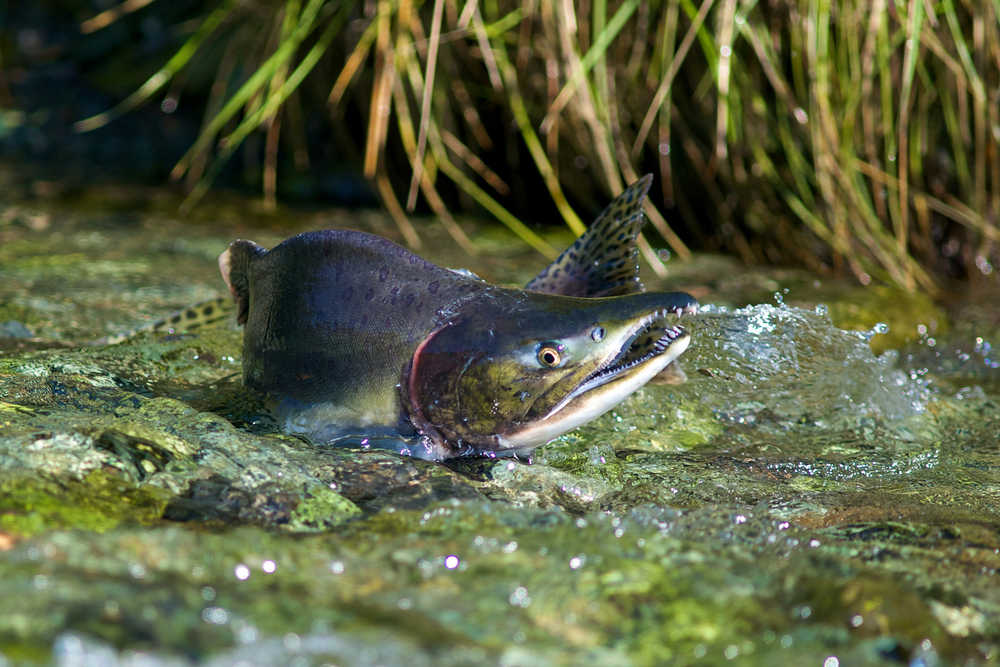PORTLAND, Maine — The Obama administration is issuing new rules it says will crack down on illegal fishing and seafood fraud by preventing unverifiable fish products from entering the U.S. market.
The new protections are called the Seafood Import Monitoring Program, and they are designed to stop illegally fished and intentionally misidentified seafood from getting into stores and restaurants by way of imported fish.
The rules will require seafood importers to report information and maintain records about the harvest and chain of custody of fish, officials with the National Oceanic and Atmospheric Administration said.
The program will start by focusing on “priority species” that are especially vulnerable to illegal fishing, such as popular food fish like tuna, swordfish, Atlantic cod and grouper. The government hopes eventually to broaden the program out to include all fish species, NOAA officials said.
“It sends an important message to the international seafood community that if you are open and transparent about the seafood you catch and sell across the supply chain, then the U.S. markets are open for your business,” said Catherine Novelli, a State Department undersecretary.
Estimates of the economic damage of illegal fishing vary, but conservation group Oceana reported in a 2013 study that illegal fishing causes more than $10 billion in global losses every year. Some other estimates are higher.
The rules will help make sure that importers are able to supply “the who, what, why, when, how of fishing,” said Beth Lowell, a senior campaign director with Oceana.
“For the first time ever, some imported species will be held to the same standard that domestic wild caught species are,” Lowell said.
The new rules are an outgrowth of a presidential task force established in June 2014 to crack down on illegal, unreported and unregulated fishing and seafood fraud. NOAA officials said the new requirements will allow regulators to trace seafood from its point of entry into the U.S. to the point when it was harvested from the sea.
The information submitted by importers to comply with the rules will be kept confidential, and there is not a consumer labeling component.
The National Marine Fisheries Service, an arm of the National Oceanic and Atmospheric Administration, will administer the program, NOAA officials said. The rules go on the books Jan. 9 and compliance from importers is expected by Jan. 1, 2018.
Shrimp and abalone are included in the plan, but implementation for those species will come later because of gaps in availability of information, NOAA officials said.

